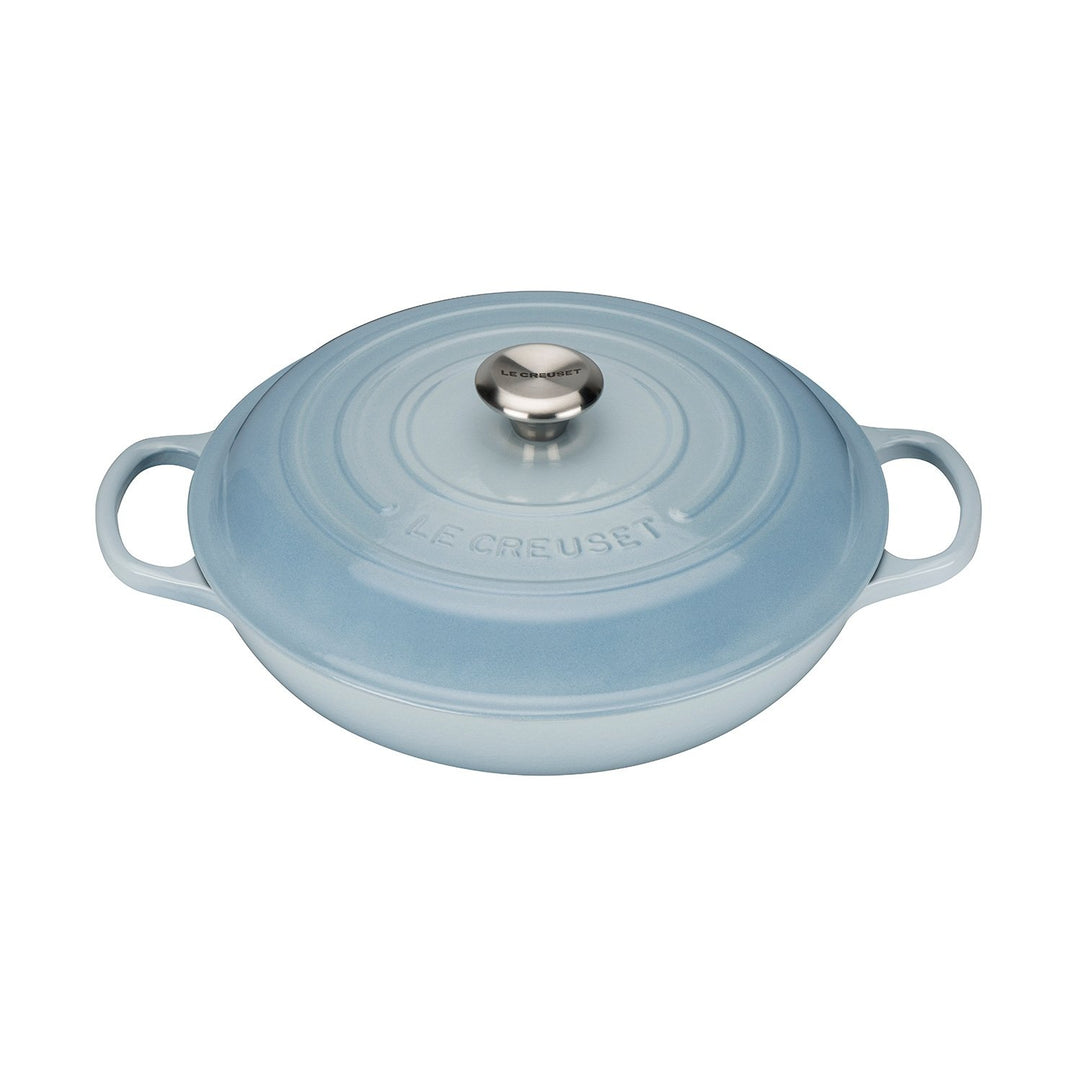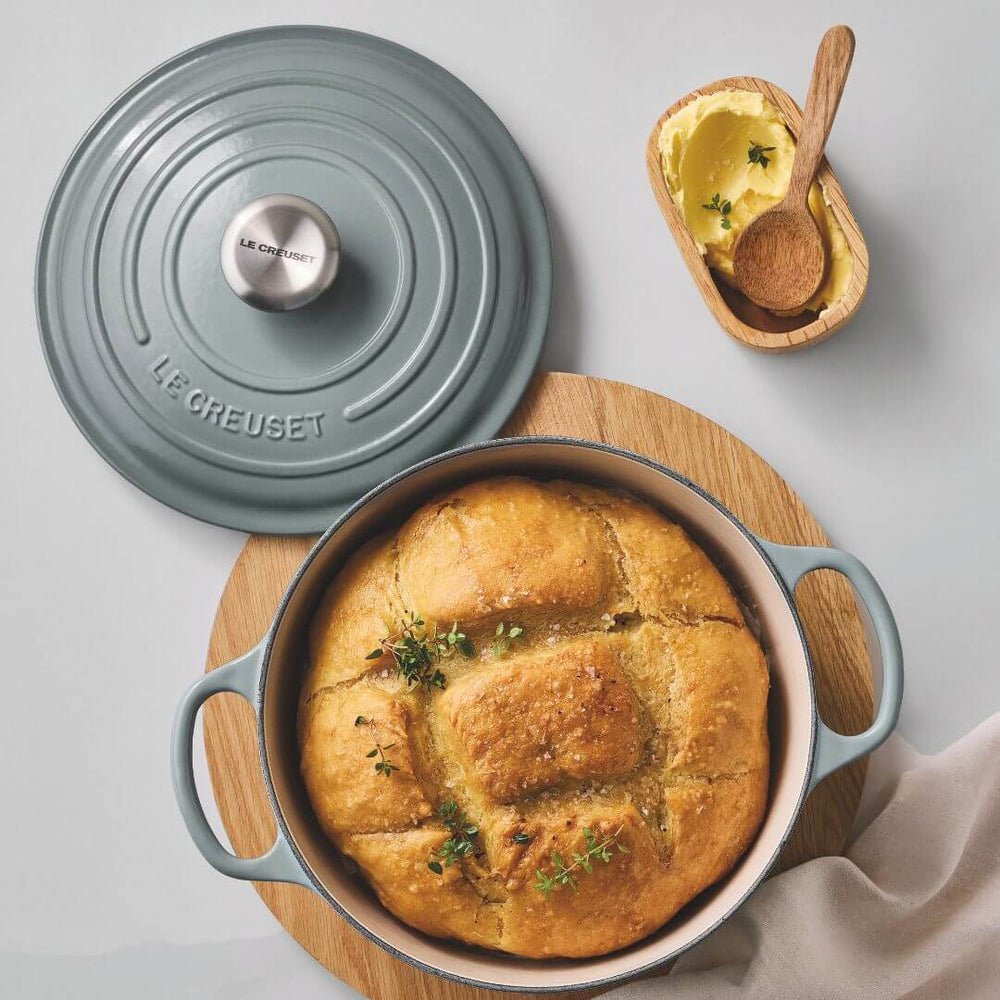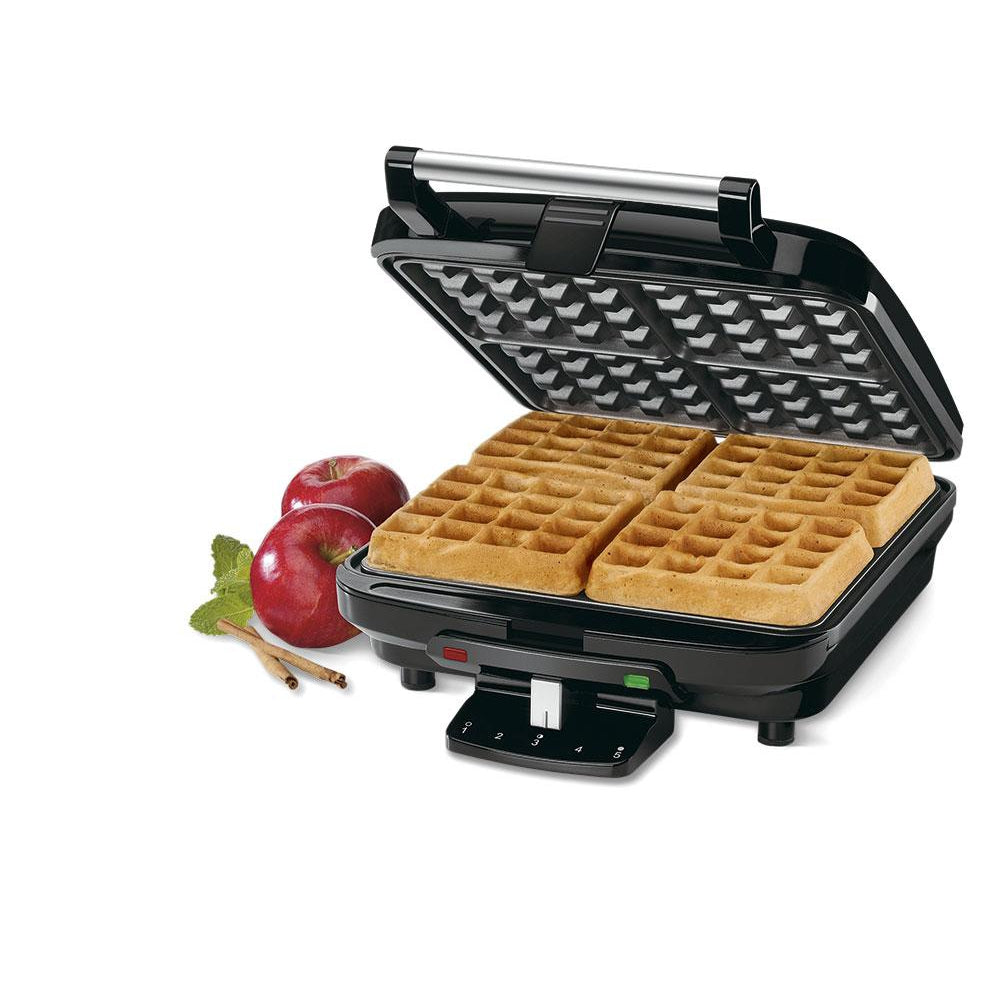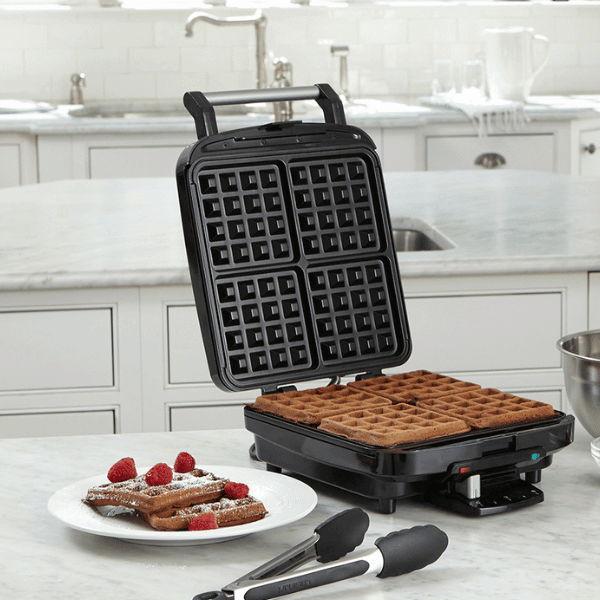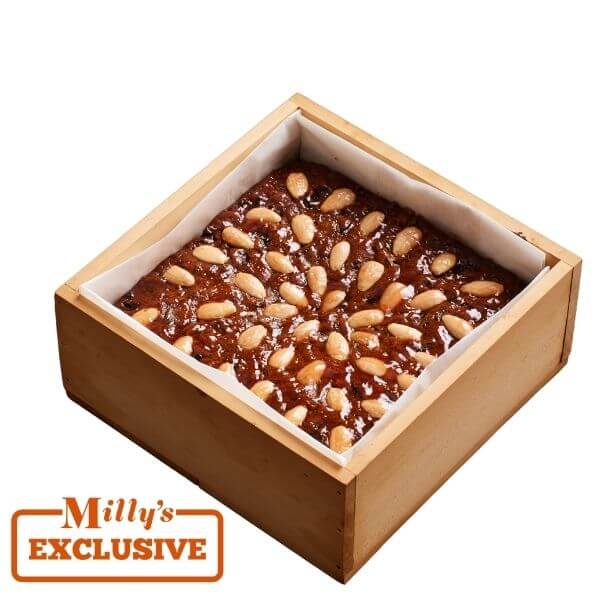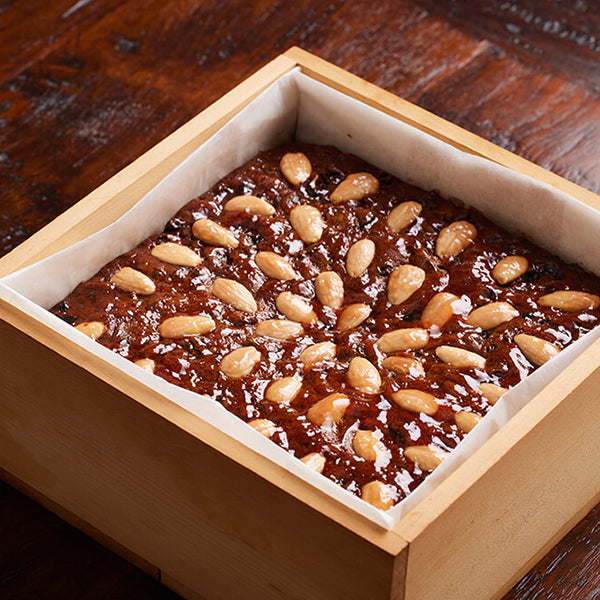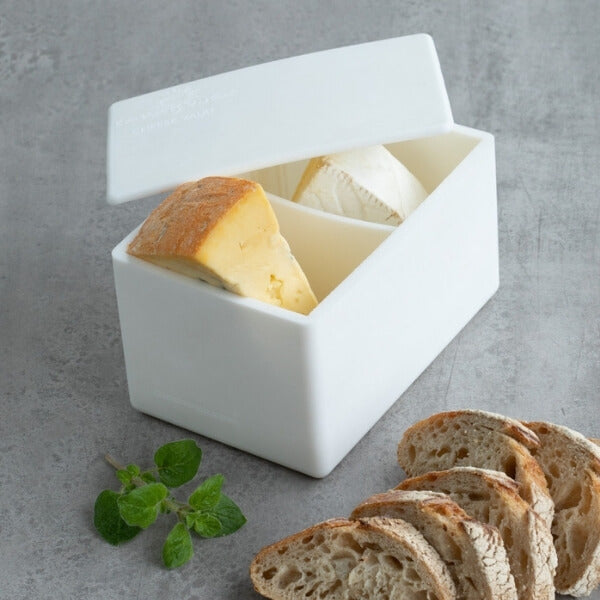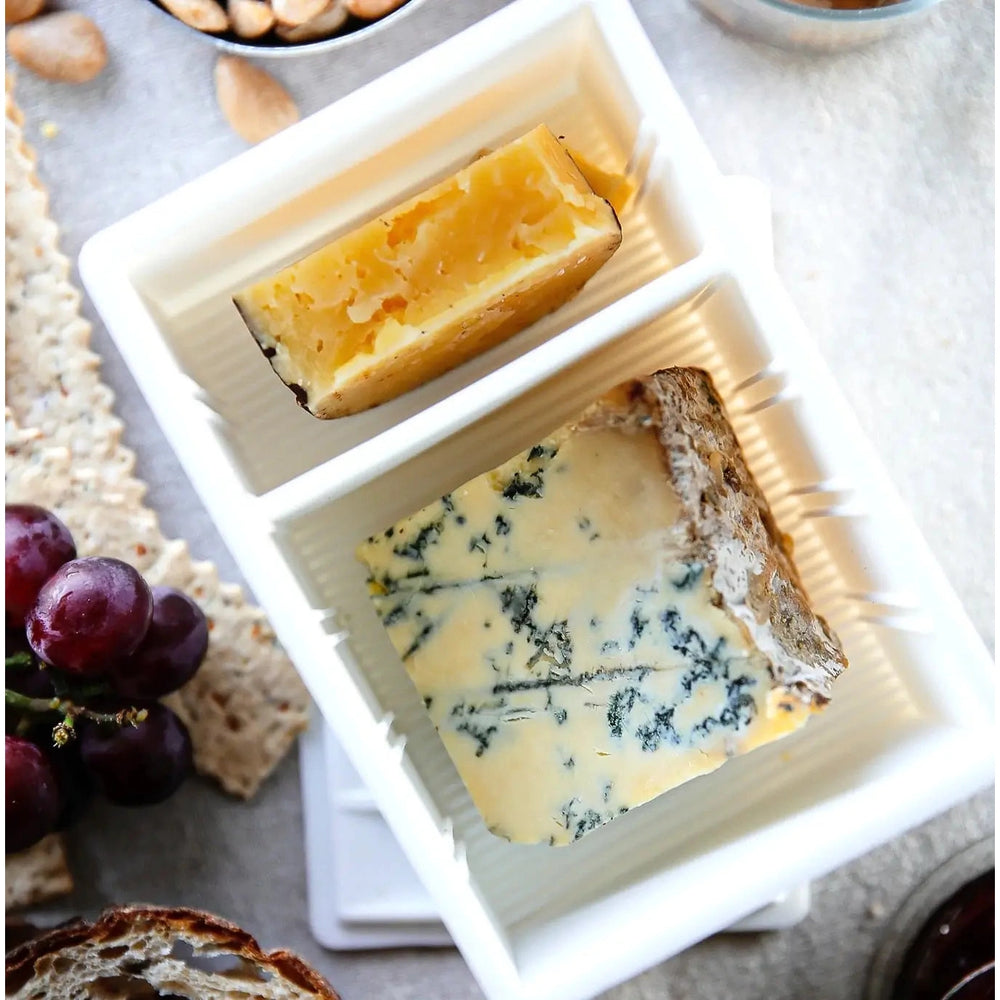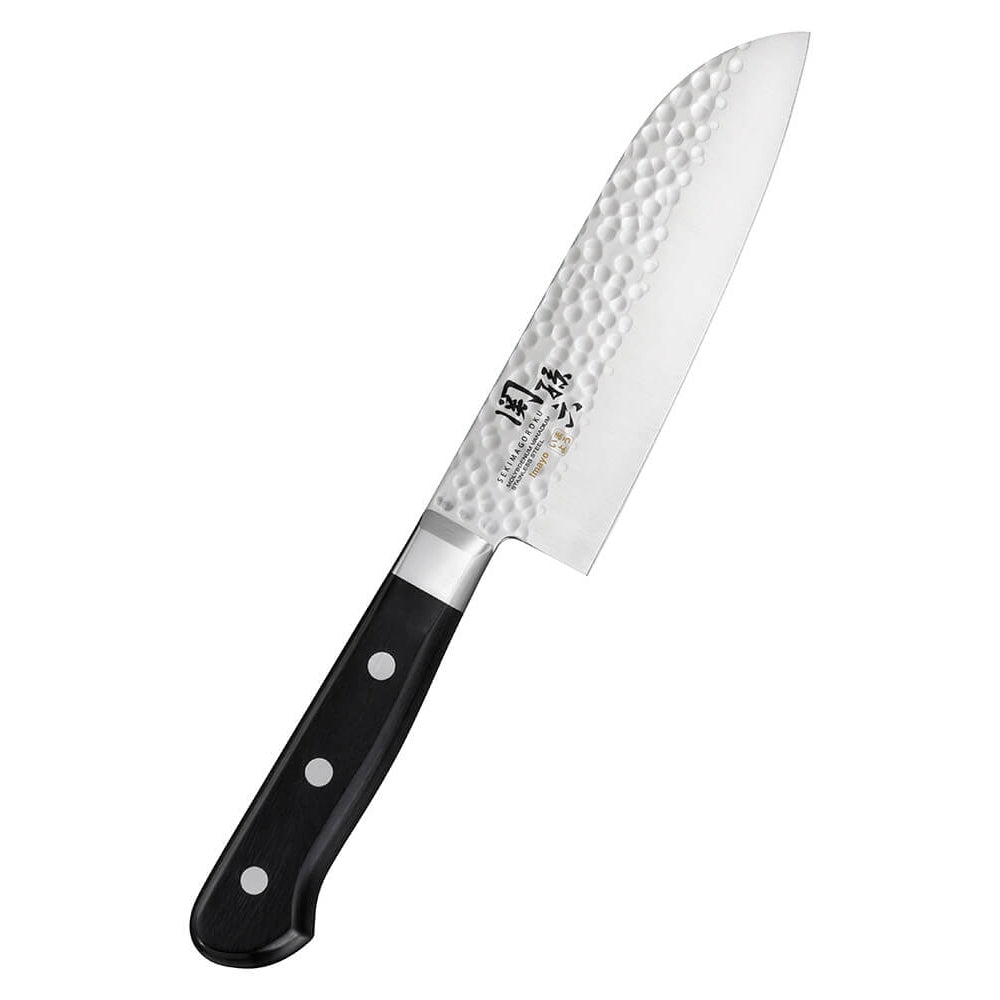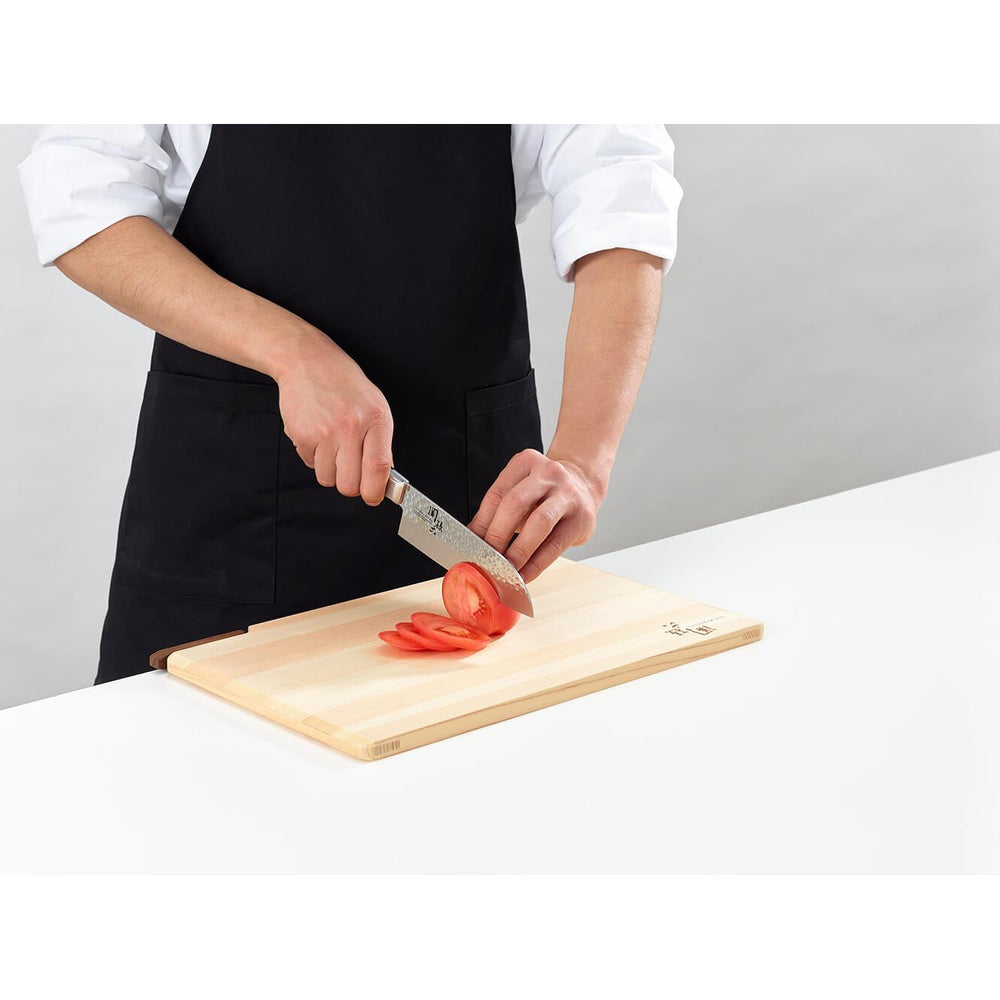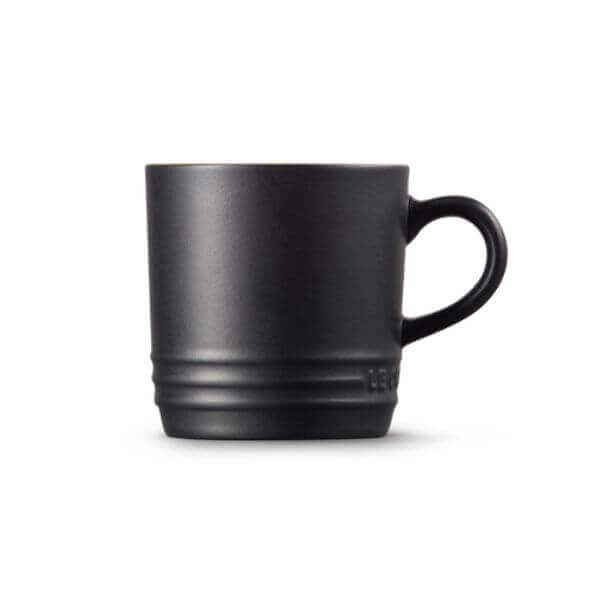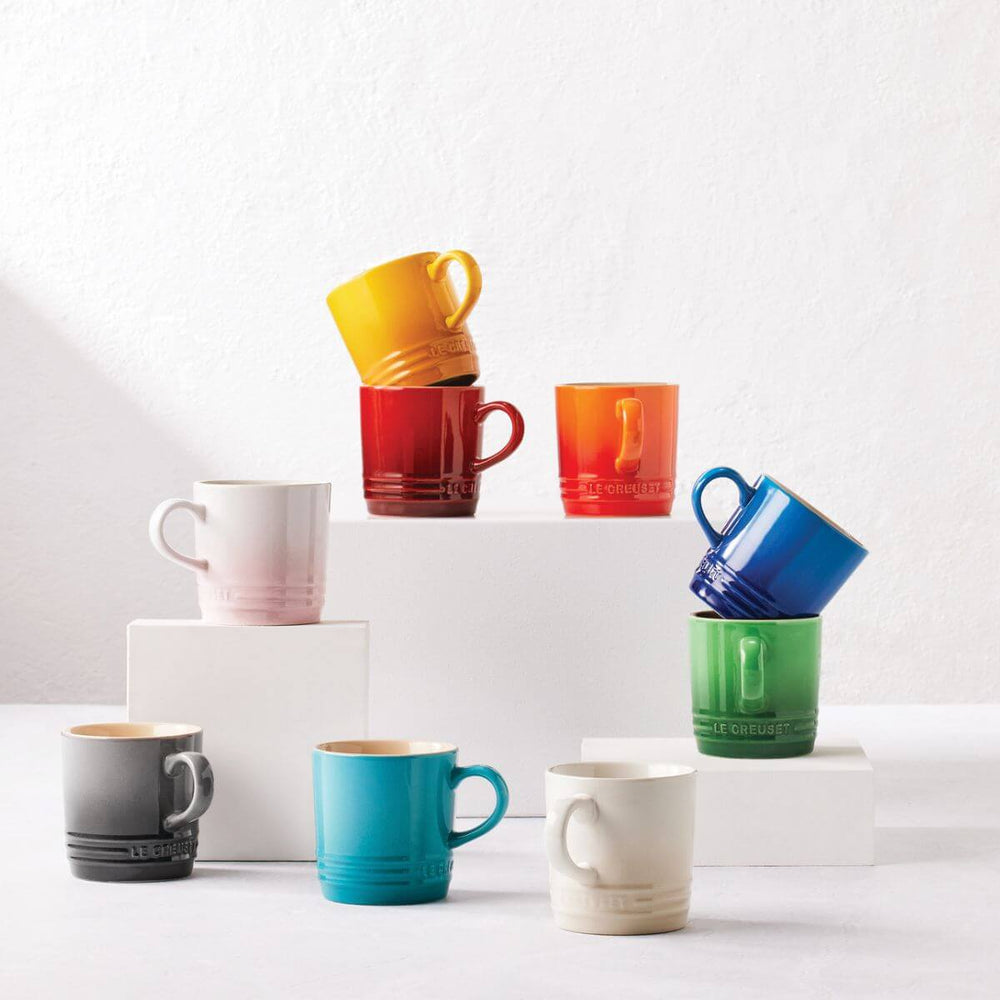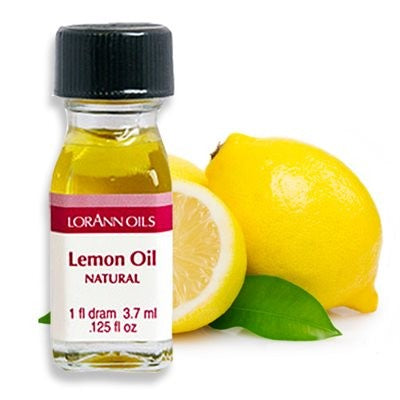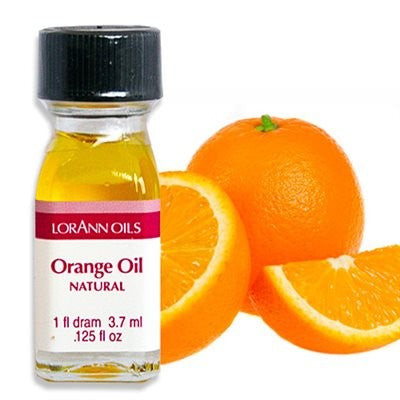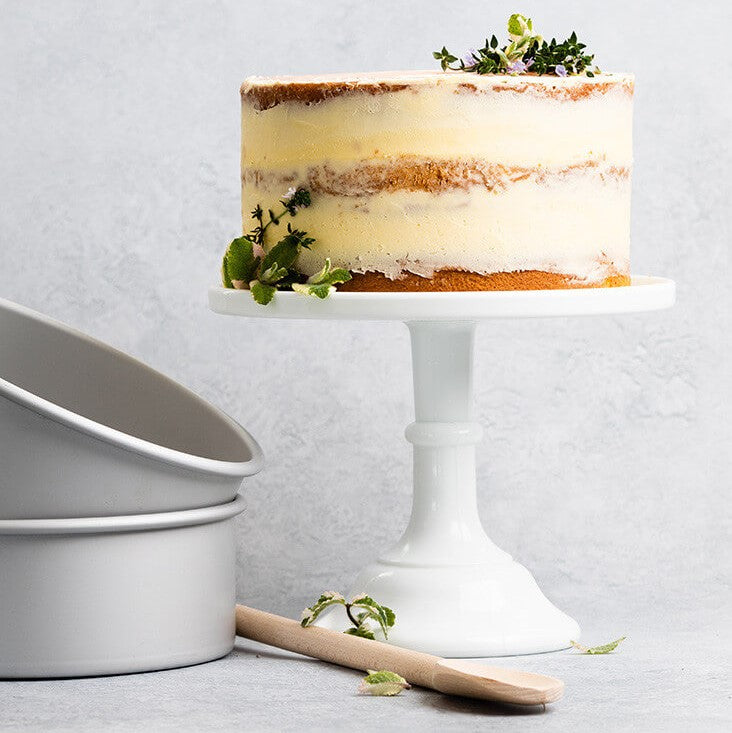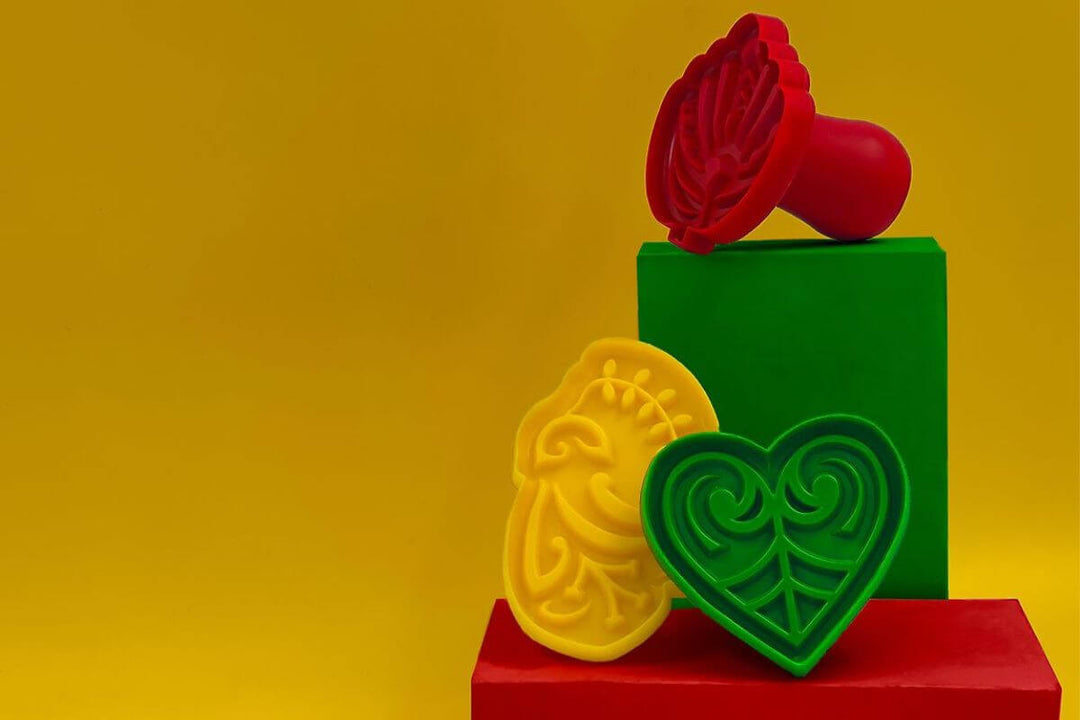Milly's 101: Anodised Bakeware
For many of us, the choice between non-stick and uncoated bakeware is crystal clear. We find ourselves staunchly standing by our preferred type, be it non-stick or uncoated, never entertaining the thought that there could be something better out there. There often comes a time though, driven either by the need to replace worn-out tins or failed coatings or perhaps by a new recipe, that we consider stepping outside what we've always known. If you're ready to take that step and to invest in some new bakeware, let us guide you through what we think you should consider before you purchase. . But if you're ready to invest in bakeware that truly withstands the test of time, let us guide you through what you should consider before making your purchase.
Non-stick pans are the go-to for most domestic kitchens - and we agree that they definitely have their place. Non-stick tins offer a good all round solution to most baking requirements and their care is mostly minimal (just don’t cut in them or scour the surface). Dark coatings do have a tendency to over brown and dry the surface of your cake which can result in overbaking and a drier than desired cake. This can be a good thing with bread, buns, dense fruit cakes etc but for beautifully light cakes that are tender to eat with a delicate crumb and a good surface for decorating, we have swung around 180 degrees and we're now firmly in the natural anodised bakeware camp.
There are many recipes, we've discovered, that absolutely shine in uncoated pans and that's where anodised aluminium comes into it's own. Anodised aluminium yields a consistent, evenly baked result with a light crust and tender crumb and that's why it's the bakeware of choice for professional bakers and bakeries, cake decorators and passionate home bakers alike. Liz, Milly's owner and chief test baker, is a passionate member of the 'uncoated' team and vows she'll never go back to non-stick tins.
So, what we hear you ask, is so special about anodised aluminium. And how does it work? To achieve an evenly risen and flat cake, you need a pan that conducts heat steadily and consistently through the batter, right from the moment you put it in the oven. The tin should also provide ample space for the batter to expand while keeping the crust pale golden, delicate and thin. Aluminium, known for its exceptional conductivity, allows batters to bake quickly while its reflective nature minimises browning - truly an asset when it comes to quick bakes like cupcakes and sponges, naked cakes, upside down cakes and dessert/coffee cakes.
We’ve always had the aluminium Wilton Decorator preferred range as an option for those seeking the perfect finish of a natural tin, or the USA Pan range, whick marries reflective aluminium with a natural silicone non-stick coating (which is another favourite around the Milly's team as you have the benefits of non-stick with the lighter finish).
But recently our Fat Daddio’s Pro-Series bakeware have become our favourite anodised tins and here's why ...
Made for professional use these pans heat faster and cool quicker, they're more heavy-duty than the Wilton decorator pans so can take a bit more kitchen chaos but your recipes will turn out exactly as they should.
Here are a few tips from the team at Fat Daddio's on use and care:
1. Oven temperature, we recommend you start by lowering your oven by 10C from what's in your recipe. These tins are efficient! So lower your temp and begin checking for 'done' before you normally would.
2. Which leads us onto baking time. Be prepared to check earlier than you normally would. Again, these tins are efficient and even though you've lowered your oven temp (so you would think you'd increase your bake time) it can be that your cake will be cooked sooner. Use a skewer or cake tester to check.
To double check, you can download the recommended bake times for Fat Daddio's pans here
3. Pan prep, grease your room-temperature pans with a thin layer of unsalted butter or Wilton Cake Release then dust evenly with flour or line with baking parchment.
NB: The use of Olive oil or aerosol release sprays containing olive oil are not recommended as they can leave a sticky residue that may discolour the pan over time.
Honourable mention: Fat Daddio's is the most recommended 'pan' for use with your Instant range of Air-frying and Multi-Cooking appliances, so if you're considering or have one of these versatile appliances, make sure to check the size compatibility with the Instant Pot range


